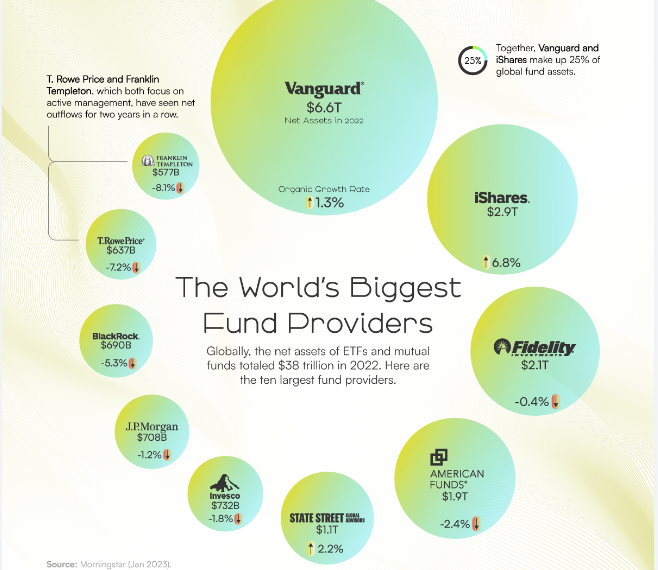Private Equity
- Eliav Amouyal
- Jun 11, 2024
- 3 min read
Updated: Jun 26, 2025
Introduction:
Imagine having the power to turn struggling companies into successful giants. That’s what private equity (PE) is all about. This part of the finance world is like a hidden force working behind the scenes to reshape and grow businesses. Let's dive into the exciting world of private equity and see how it all works.

The Basics of Private Equity
What Exactly is Private Equity? Private equity involves investing in companies that aren’t listed on public stock exchanges. Investors in PE buy significant stakes or even whole companies, to improve and eventually sell them for a profit. Unlike the stock market, where anyone can buy shares, PE is usually for wealthy individuals and institutions.
How Does It Work?
Raising Funds: PE firms gather money from wealthy investors, pension funds, and other sources.
Investing: They use this capital to buy companies that have potential for improvement.
Improving: PE firms work on enhancing the company’s value by cutting costs, boosting efficiency, and expanding markets.
Exiting: After a few years, the improved company is sold at a higher value, and the profits are shared among the investors.
Types of Companies Targeted by Private Equity
Private equity doesn’t just invest in any business. They look for specific types of companies:
Mature Companies: Established firms that need restructuring or expansion.
Distressed Companies: Struggling businesses that can be turned around with the right strategies.
Growth Stage Firms: Companies that are profitable but need capital to grow further.
Inside the Private Equity Firm
Private equity firms are not just about money; they’re about strategy. The role of PE firms can revolve around finding opportunities, by identifying companies with potential for significant improvement. This said, often PE firms choose to implement change to achieve improvement. They can do this by bringing in experienced managers and advisors to make necessary changes, often in the companies' management. Lastly, PE firms monitor progress by continuously checking in on the company’s performance and making the necessary adjustments.
Types of Private Equity Investments
Growth Capital: Funding for companies to expand or restructure operations.
Buyouts: Acquiring a majority or complete control of a company, often using borrowed money (leveraged buyouts).
Distressed Investments: Buying companies in financial trouble with the aim of turning them around.
The Journey of a Private Equity Investment
Finding the Target: PE firms spend a lot of time identifying the right companies to invest in.
Acquisition: Using both their own funds and borrowed money, they acquire the company.
Transformation: Implementing changes to improve the company’s performance. This could mean anything from overhauling management to introducing new technologies.
Exit Strategy: After 3-7 years, the PE firm will look to sell the company at a higher price, through an IPO or a sale to another company.
Advantages of Private Equity
For Companies
Access to Capital: Companies get the necessary funds to grow and improve.
Expertise: PE firms bring in their experience and network to help businesses thrive.
Efficiency: Increased focus on efficiency and profitability can lead to better business operations.
For Investors
High Returns: Potential for significant financial returns compared to traditional investments.
Control: Greater influence over company decisions and strategies.
Challenges and Risks of Private Equity
For Companies
Loss of Control: Company founders may lose significant control over their business.
Pressure to Perform: High expectations for quick improvements can be stressful.
For Investors
High Risk: The potential for high rewards comes with high risk, especially if the company doesn’t perform as expected.
Long-Term Commitment: Investments are typically tied up for several years before returns are realized.
Conclusion:
Private equity plays a crucial role in the business world, transforming companies and generating significant returns for investors. By understanding PE, investors can gain insights into how businesses are built and grown. Whether you’re dreaming of becoming an entrepreneur or simply curious about the financial world, knowledge of private equity is a valuable asset.



Comments